When David Fincher’s latest picture The Killer premiered at the Venice Film Festival in September, it was to a more muted reception than might have been anticipated. Part of this may have been because, with the actors’ strike very much in force, its stars Michael Fassbender and Tilda Swinton were nowhere to be seen, with Fincher himself the only A-lister on the red carpet. But it was also undoubtedly because the finished film was not remotely what many had anticipated. Early hype suggested that The Killer would follow the exploits of Fassbender’s anonymous assassin as he (inconveniently) develops a conscience, presumably setting up an existential quandary. What the eventual movie instead offers is a superbly executed (ahem) black-comic masterpiece, with a sense of humor every bit as gut-punching as the blows and bullets doled out by its protagonist.
As ever with Fincher, formalism is very much to the fore. The film, based on a French comic book series, is never overburdened with plot. Fassbender’s never-named killer-for-hire begins on assignment in Paris, and treats the audience, in a stream-of-consciousness voiceover, to his unique philosophy in life, a mixture of warped self-help aphorisms (“As Popeye put it, I am what I am”) and reflections on his antics to date (“When did I last do a nice, calm drowning?”). He has a selection of Smiths songs to listen to while he prepares to commit his latest murder, saved under “Work Mixtape,” and Morrissey’s gloomy reflections form a hilariously apposite Greek chorus of sorts to Fassbender’s actions. Then the carefully anticipated hit goes wrong, his employers take revenge, and Fassbender embarks on a global quest to wreak vengeance upon them, executed with extreme prejudice.
This synopsis makes the film sound both more conventional and more straitlaced than it in fact is. Admirers of the John Wick and Bourne franchises will largely be disappointed that, besides one suitably bone-crunching fight between Fassbender and another hired killer two thirds of the way through, it’s surprisingly light on action, instead choosing to focus on the procedural aspects of what it’s like to be an elite assassin. It helps that the voiceover, scripted by Se7en screenwriter Andrew Kevin Walker — reuniting with Fincher for the first time since that bleak masterpiece, although he has contributed uncredited screen doctoring work to many of his subsequent films — offers an increasingly vivid insight into a deeply disturbed man’s psyche.
Even as we observe the day-to-day methodology of a man paid to murder others, from faked passports (an amusing running joke is that Fassbender’s aliases are great American comic characters, from Archie Bunker to Felix Unger) to how, exactly, to break into a secure block using everyday technology obtained from Amazon, it is increasingly clear that Fassbender’s character is no cooler-than-cool assassin; he is someone cracking up, whose oft-stated mantra “Anticipate, don’t improvise” is proved to be ineffectual over and over again.
All of this, naturally, is played for the blackest laughs imaginable, always something of a Fincher specialty. If you found Fight Club and Gone Girl funny, you’re going to love the similarly bleak tone here, where human life is cheap and where an extended third-act cameo by Swinton, as an elite assassins’ handler, allows her to tell a lengthy, deeply obscene joke about a hunter coming across a resilient bear in the woods. Only a single shot, of a terrified, innocent woman screaming in despair before her inevitable end, reminds us that this strange world has victims, too, even if they are regarded as little more than collateral damage.
Those who admire Fincher’s more profound works, including The Social Network and Zodiac, might be disappointed that there really isn’t any great depth here; this is instead a roaring rampage of revenge, with endless, deeply inappropriate laughs and a titanic performance from Fassbender at its center, with the great actor making a welcome return to the screen after several years away racing cars at Le Mans. His comic timing, so bone-dry as to be barely perceptible, is just as acute as it has always been, even as Fassbender skillfully conveys the sense of a man who is not so much on the edge as loftily jumping over it, damn the consequences. There have been better films released this year, and this will undoubtedly not be seen as a major work by its director, but, for its superbly orchestrated and shamefully enjoyable brio, I can’t think of a picture I’ve had more fun watching this year.



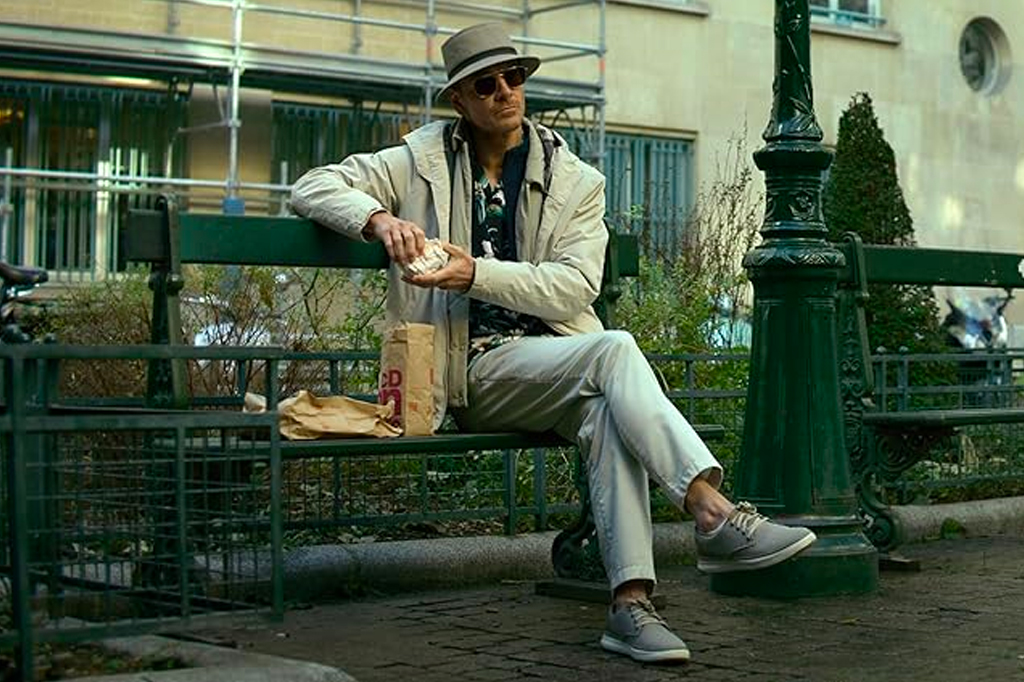


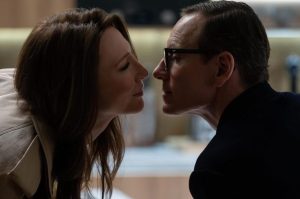
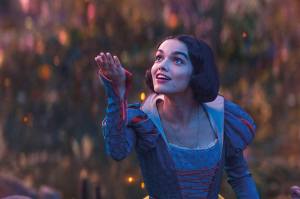
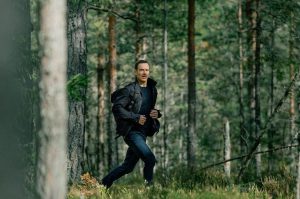
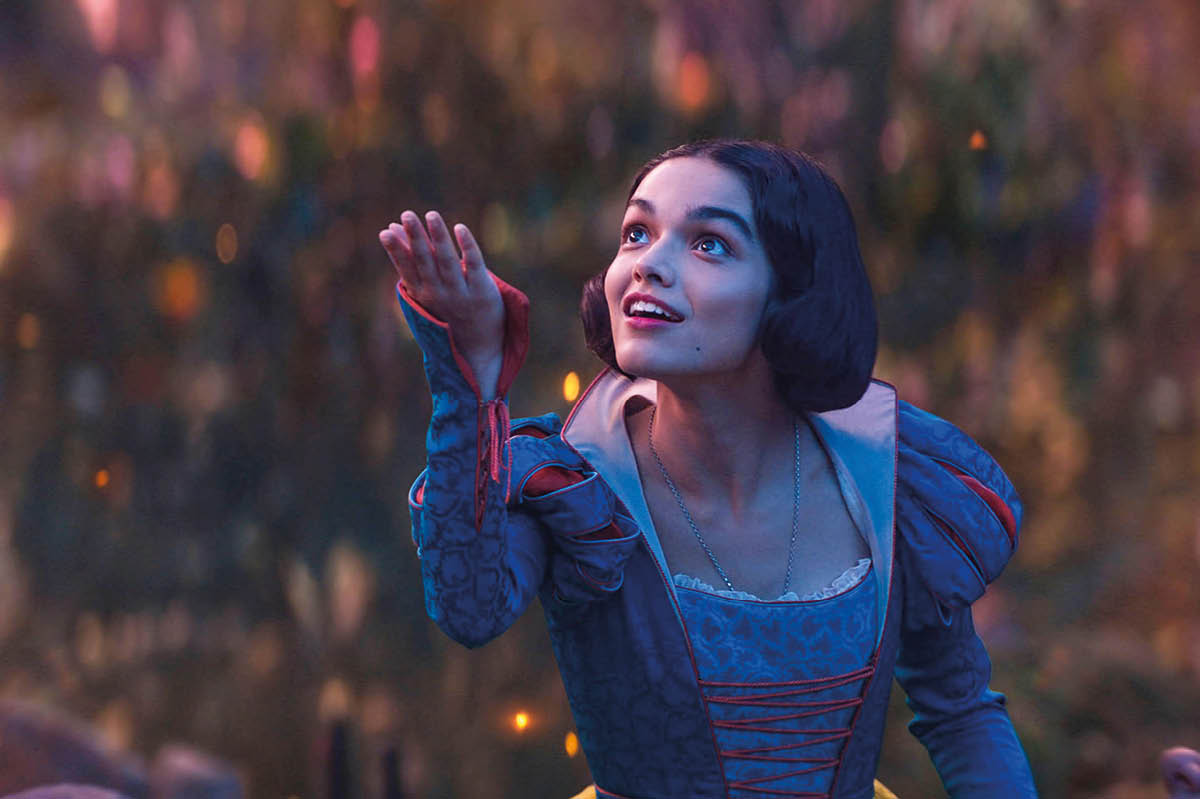

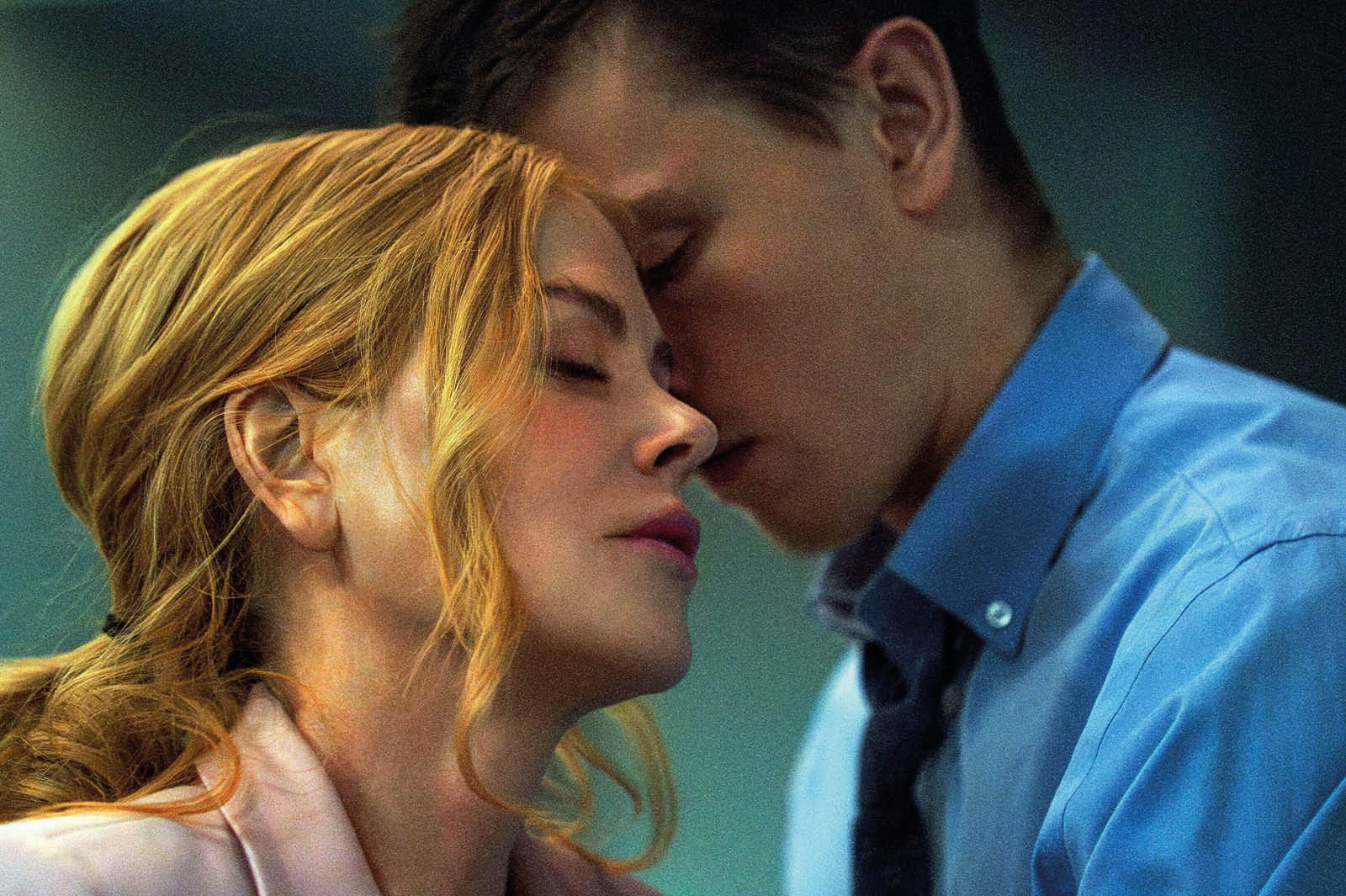
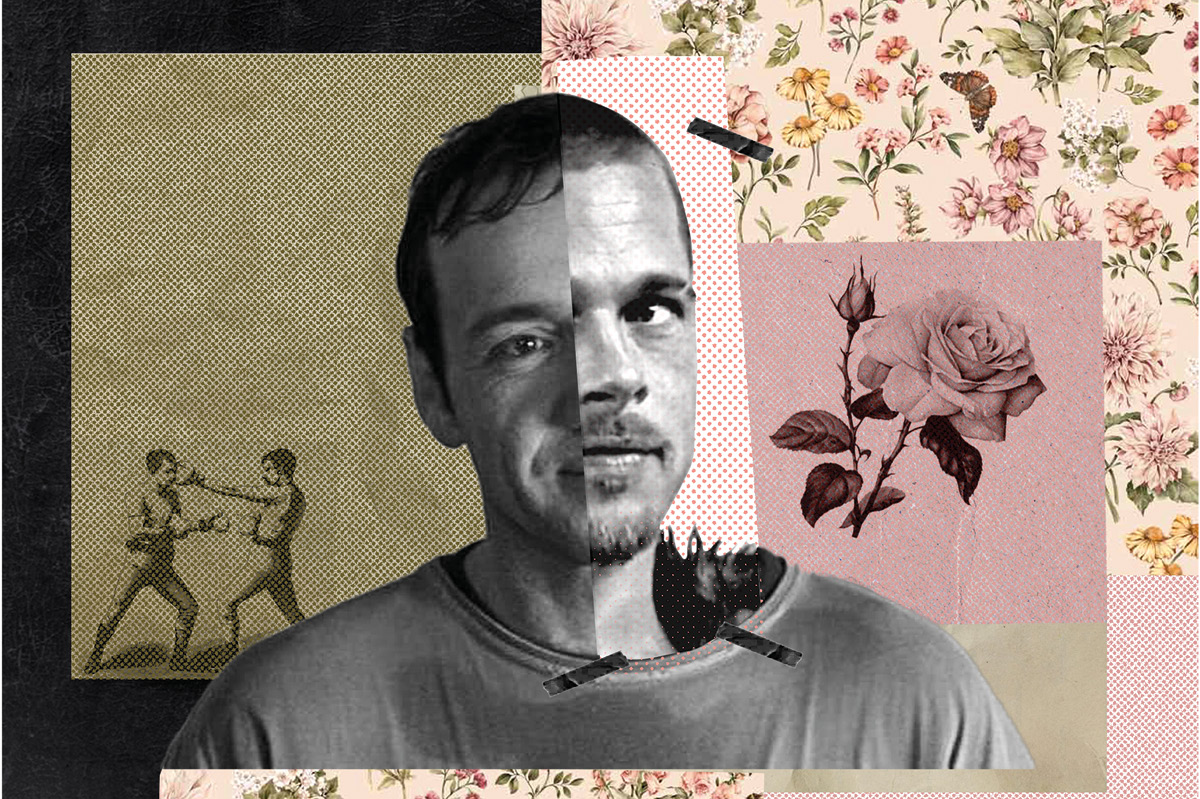

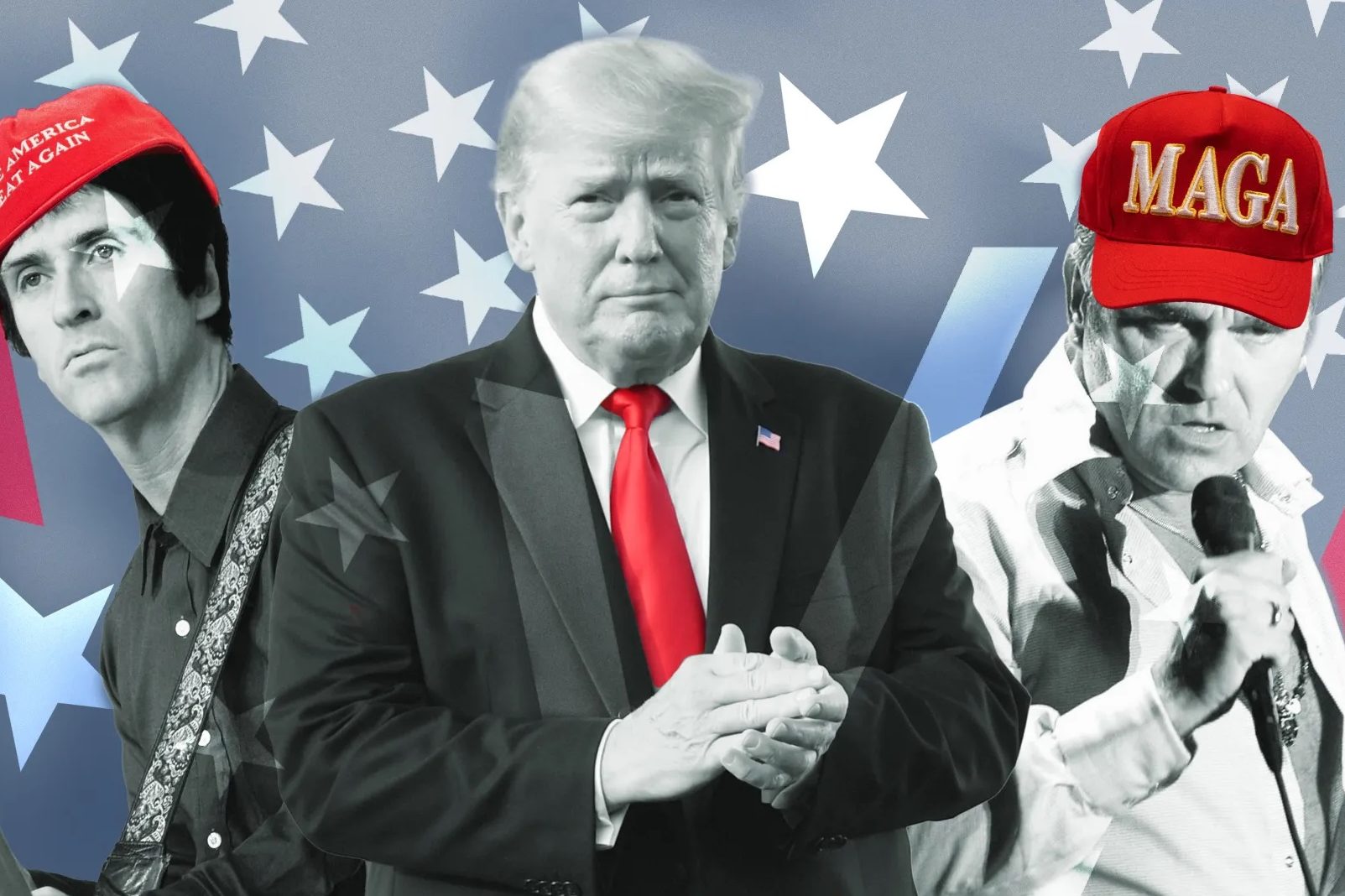







Leave a Reply